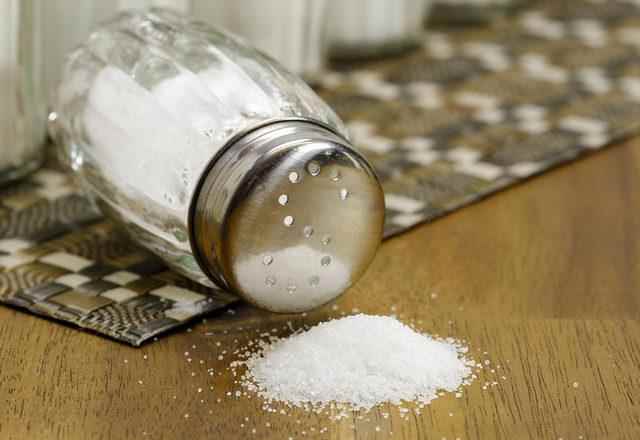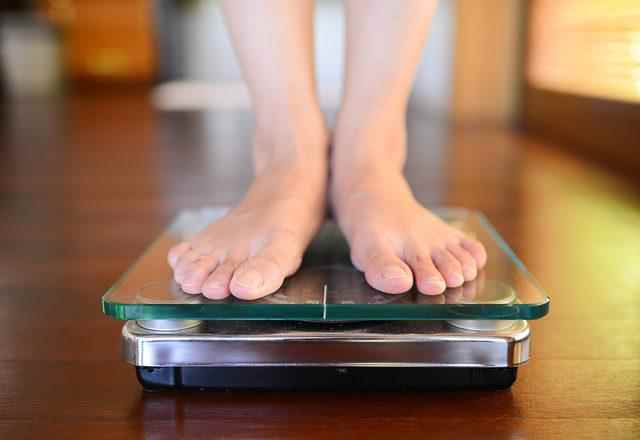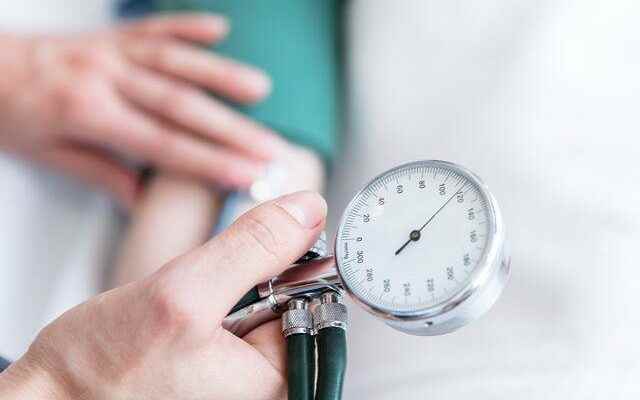High blood pressure, also known as hypertension, is one of the most common diseases. Although the effects of high blood pressure are not fully known, diseases such as kidney diseases, sedentary living, and malnutrition increase the risk of developing hypertension. Hypertension does not show any symptoms for a long time. Untreated hypertension can cause serious diseases such as heart attack and stroke. Hypertension is detected in 1-2 out of every 10 people younger than 35 years old in Turkey. However, because it is thought that hypertension will not be seen in young people, factors such as ignoring the symptoms and not measuring blood pressure regularly delay the diagnosis of hypertension.
HYPERTENSION IN YOUTH CAUSES DUE TO OTHER DISEASES
Nephrology Specialist Dr. Gülay Yılmaz pointed out that hypertension, especially seen in young people, is usually caused by another health problem, such as kidney diseases, and said, “Unless the underlying disease is treated, it is not possible to regulate blood pressure and prevent end-organ damage. For this reason, every young person from the age of 17 should have their blood pressure measured once a year, even if they have no complaints. Thus, insidious hypertension will not be missed, and complications caused by early diagnosis will be prevented.
RENAL DISEASES, THE MOST COMMON CAUSE OF HYPERTENSION

Today, systolic (large) blood pressure higher than 140 mmHg and diastolic (small) blood pressure higher than 90 mmHg is considered as ‘hypertension’. Hypertension; It is divided into two as essential (primary) and secondary (developing due to some diseases). Nephrology Specialist Dr., who warned that the most common cause of secondary hypertension, which is more common in young people, is kidney diseases. Gülay Yılmaz continues her words as follows: “The most common kidney diseases are; stenosis of the renal vessels, inflammation of the renal vessels, acute renal failure and chronic renal failure. If the disease that causes hypertension is not treated, it can result in end-stage kidney disease. However, although it is irreversible, with treatment, the progression of chronic kidney disease can be slowed down and its progression to the last stage can be prevented. For this reason, if hypertension is detected, especially in young people, the cause should be investigated and treated.
ATTENTION TO HEADACHE SYMPTOM

Hypertension is an insidious disease. When it gives symptoms, it most often manifests itself with a headache. For this reason, it is vital that the headache is not neglected with the thought of ‘stress’. In addition, weakness, fatigue, palpitations, visual disturbances and nausea may develop. Nephrology Specialist Dr. Gülay Yılmaz pointed out that in secondary hypertension, which is common in young people, the symptoms related to the underlying disease are at the forefront, “For example, in patients with kidney disease, weakness, anorexia, nausea, swelling in the face and body, decrease in the amount of urine, color change and foaming in the urine, anemia and bone marrow pain can begin. In patients with thyroid hormone disorder, problems such as weight gain, hair loss, sleep disorders and constipation are more common.
EFFECTIVE MEASURES FOR HYPERTENSION
Regulation of life habits is of great importance in hypertension. Nephrology Specialist Dr. Gülay Yılmaz explains the measures you need to take to keep blood pressure at ideal values as follows:
REDUCE SALT

The most important habit you should pay attention to in order to prevent hypertension should be to reduce salt! According to studies, reducing the daily salt intake by 3 grams lowers blood pressure by 1.2 mmHg. Do not take more than 5-6 grams of salt a day to keep your blood pressure at ideal values. For this, do not sprinkle salt on your meals, and stay away from processed and packaged foods.
REACH YOUR IDEAL WEIGHT FOR YOUR HEIGHT AND AGE

Obesity, which is an important health problem of our age, is an important cause of hypertension. So much so that 1 out of every 4 young people with obesity problems is diagnosed with hypertension. Try to reach the ideal body weight for your height and age. Having your body mass index between 18.5-25 kg/m2 indicates that you are at the ideal weight. In order to maintain your ideal weight, make it a habit to exercise regularly along with a healthy diet. You can walk, run, swim or bike for 20-30 minutes 3-4 days a week.
STAY AWAY FROM PRODUCTS WITH SATURATE FAT

It has been proven in studies that the Mediterranean type diet is effective in reducing blood pressure. You can keep blood pressure at an ideal level by consuming fresh vegetables and fruits, fibrous foods, dried legumes and fish 2-3 days a week. Avoid products containing saturated fat, such as salami and sausages. In addition, it is very important to stay away from products such as cakes, cakes and ready-made fruit juices that are high in calories and contain refined sugar.
STAY AWAY FROM ALCOHOL AND CIGARETTE

Smoking increases blood pressure by causing narrowing of blood vessels and deterioration of the protective layer of the vessel. According to the studies; The risk of dying from heart attack increases 3 times and the risk of dying from stroke increases 2 times in patients with hypertension who smoke. Alcohol can increase blood pressure both directly and by interacting with the drugs used. In addition, blood pressure may increase due to nuts and various foods that are consumed with alcohol and have a high salt content.
SLEEP GOOD AND AVOID STRESS

Stress can activate the sympathetic nervous system, causing blood pressure to rise. Good sleep, sunlight, and getting support to cope with stress can regulate blood pressure.
